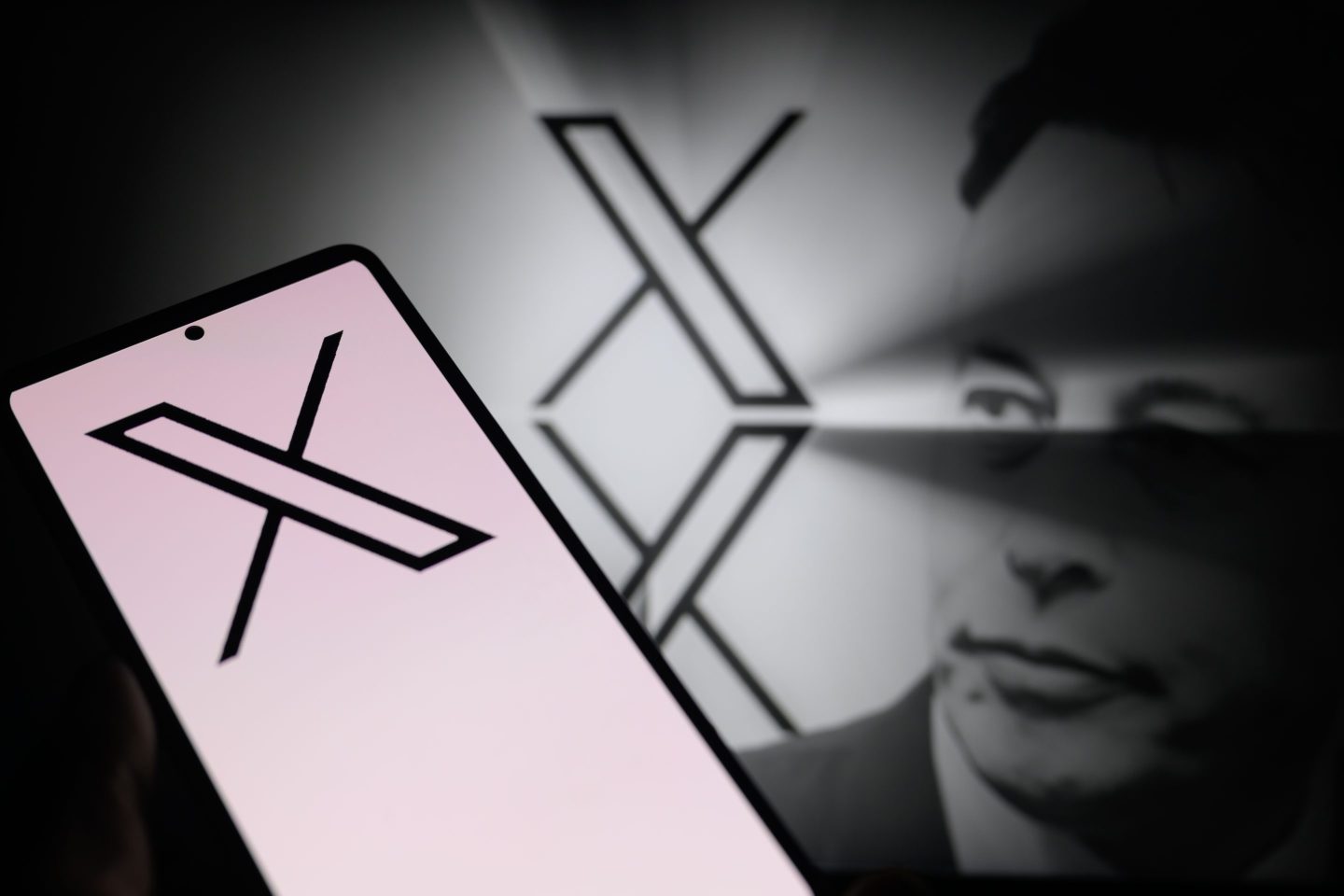With so many Big Tech firms slashing their headcounts at the moment, many people will be on the lookout for new opportunities. So, should they aim for the oasis of stability that is Elon Musk’s X, which is hiring right now? Maybe not.
My colleague Kylie Robison has a great article out today on what it takes to get a job at Twitter’s reincarnation, based on an interview with someone who’s involved in the process. Applicants need to detail the “exceptional work” they’ve done, they must be on board with company values such as free speech and “shipping code rather than talking about roadmaps,” and they must be ready to please the big man himself, as he has the final say on all applications.
From Kylie’s article:
“The people who apply are pretty much Elon fans. They love Elon. They just see it as a good opportunity to work with him,” the source at X told Fortune. “They do ask if we have contact with him, things a regular person wouldn’t really care about.”
There are surely plenty of appropriately talented Musk cultists out there who’ve just fallen victim to Big Tech’s recent staff culls. So what’s the hitch? “If you’ve been laid off, you shouldn’t even waste your time applying,” said the source, referring to one of Musk’s red lines.
At a time like this, with the market awash with talent, that really seems like Musk shooting himself in the foot, yet again. (It’s also somewhat ironic—in late 2022, as Kylie points out, Twitter attempted to rehire dozens of people who Musk had impulsively laid off after his acquisition of the platform, before realizing he actually needed them.)
Separately, Musk announced yesterday that Neuralink has for the first time put one of its brain-machine-interface implants into a human. This follows regulatory approval for such a procedure last May. “Initial results show promising neuron spike detection,” Musk wrote on X.
He also said Neuralink’s first product would be called Telepathy, which will enable “control of your phone or computer, and through them almost any device, just by thinking.” While this would be a hugely valuable development for those who need it—people who can’t use their limbs, for example—Musk-watchers will know to take his promises with a pinch of salt. Neuralink’s first product was previously supposed to land in 2021, after all, and let’s not even talk about Tesla’s “full self-driving” capability (full autonomy by 2017, huh.)
Still, here’s hoping. More news below.
David Meyer
Want to send thoughts or suggestions to Data Sheet? Drop a line here.
NEWSWORTHY
Microsoft vs. Apple. Now it’s Microsoft’s turn to lay into Apple over its attempt to squeeze iOS-app installation fees out of any developer who dares to also make their apps available to EU users through an alternative app store. “Apple's new policy is a step in the wrong direction. We hope they listen to feedback on their proposed plan and work towards a more inclusive future for all,” said Xbox chief Sarah Bond. As The Verge notes, Bond’s unit wants to launch one such alternative app store. This opposition matters because it may determine whether the EU—whose new antitrust law is forcing Apple to allow third-party app stores—accepts the iPhone maker’s changes.
Thinking of the children. OpenAI is partnering with Common Sense Media in an effort to make “family-friendly” chatbot apps in the company’s GPT Store. TechCrunch reports that OpenAI has already agreed to participate in a framework Common Sense recently debuted to produce “nutrition labels” for AI apps. Meanwhile, Meta says it’s collaborating with another nonprofit called the Center for Open Science, letting some academic researchers access data that will help them study online well-being.
Talk to your car. Peugeot is incorporating ChatGPT functionality into its entire lineup of passenger and commercial vehicles. The Stellantis-owned brand will start connecting OpenAI’s chatbot to its vehicle controls imminently in France, Germany, Italy, Spain, and the U.K., with other markets following later this year. As Reuters reports, Volkswagen and Mercedes-Benz have already announced similar plans.
SIGNIFICANT FIGURES
$2.17 billion
—The value of bitcoin seized by German police in a commercial money-laundering probe. As Reuters reports, it’s the biggest seizure of its kind to take place in the country. The FBI is also involved in the investigation.
IN CASE YOU MISSED IT
Mark Zuckerberg’s reported $100 million compound in Hawaii comes with an underground bunker, by Chris Morris
Exclusive: Databricks is acquiring AI startup Einblick as CEO Ali Ghodsi embraces ‘asymmetric’ strategy, by Allie Garfinkle
Skill shortages are one of industry’s biggest problems. AI is the solution, by Vimal Kapur (Commentary)
Amazon’s failed iRobot deal is European regulators’ latest win in a yearslong campaign to stop Big Tech from getting bigger, by Paolo Confino
IBM to managers: Move close to an office or quit, by Bloomberg
BEFORE YOU GO
Raspberry Pi-P-O. Raspberry Pi, the outfit behind those cheap little PCs that have been a hit with hobbyists and internet-of-things developers for the last dozen years or so, is moving forward with its delayed plans for an IPO. The British company has appointed bankers to prepare a London flotation, Bloomberg reports, noting that this would be a shot in the arm for the London Stock Exchange, which has recently been losing out to the U.S. Raspberry Pi had planned a 2021 IPO, but (like many) decided to hold back due to poor market conditions and the global chip crisis. It’s likely to be valued somewhere in the region of $500 million. Raspberry Pi’s existing investors include ARM and Sony.
This is the web version of Data Sheet, a daily newsletter on the business of tech. Sign up to get it delivered free to your inbox.












